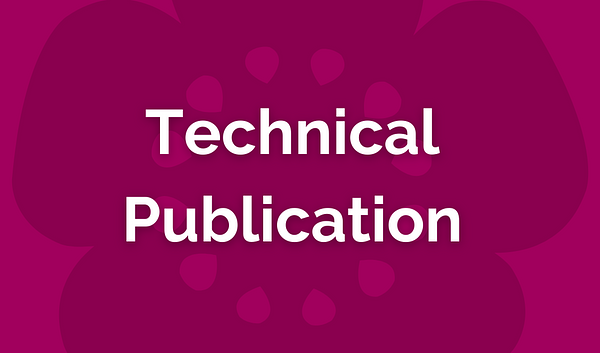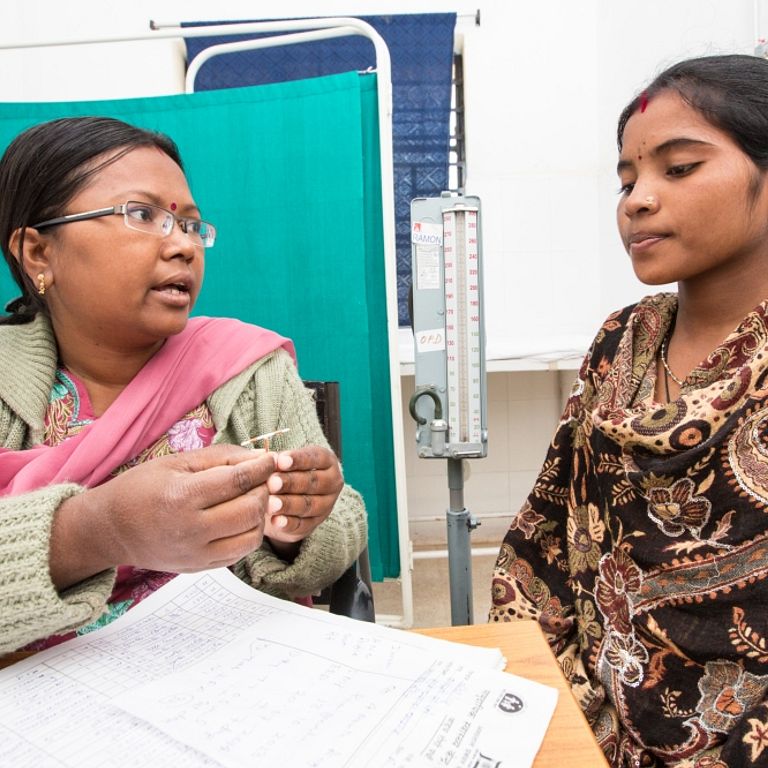SRHR Response for IDPs

Ethiopia’s humanitarian crisis is a growing challenge that disproportionately affects women, girls, and young people. According to the Internal Organization for Migration, there were 4.2 million internally displaced persons in Ethiopia as of September 2021. People living at IDP sites are particularly vulnerable to risks related to sexual and reproductive health and rights (SRHR) and have limited access to critical SRH services.
The 30-month SRHR Response for IDPs program worked with the Somali Regional Health Bureau to provide high-quality SRH services, including contraceptive care, comprehensive abortion care (CAC), maternal and obstetric care, and care for gender-based violence (GBV) survivors, at select IDP sites in the region. Collaborating with partners, EngenderHealth also carried out community-level awareness raising on SRHR and GBV issues, demand generation for SRH services, GBV referrals, and provider training.
In addition, EngenderHealth worked with the Ethiopian government and other partners, such as the United Nations Population Fund, to prioritize and integrate SRHR into humanitarian response efforts and to gather data to address unanswered questions on the SRHR needs of IDPs. EngenderHealth used these research findings to generate recommendations on how to strengthen SRHR service integration in future humanitarian response programming.
Through program-supported activities, 22,493 women and girls received SRH services, including 11,164 contraceptive counseling and care clients, 714 CAC clients, 5,658 antenatal care clients, and 2,048 institutional delivery clients. To improve the availability of skilled healthcare providers, the program trained a pool of 13 master trainers in the Somali region on basic emergency obstetric and newborn care (BEmONC), CAC, and contraceptive care (CC), and provided training for 88 healthcare workers on topics including BEmONC, CC, integrated community childhood illness management, and GBV screening, counseling, treatment, and referral. In addition, the program trained 90 community health volunteers (CHVs) on SRH and reached an estimated 50,000 people with SRHR information and messaging through education sessions, home visits by CHVs, and mass media campaigns.

